Why You Should Encrypt Your Wi-Fi
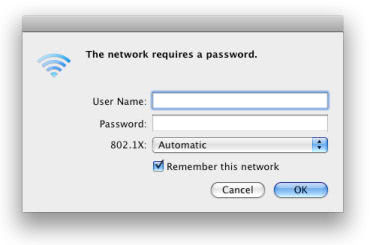
If you go out to the computer store and buy yourself a new router and take it home, you’ll probably find that it will work straight out of the box. Most these days have wizards that help you to configure settings to connect to your Internet service quickly and easily. Most routers also are set up as a DHCP server by default, so as soon as your new router is on the network, your computer can connect to is and be assigned an IP address. Router manufacturers do this so their devices are perceived to be easy to use and set up – and for the most part they are.
The problem with this however, is that although you can quickly and easily configure a new router with basic settings, the start-up wizards usually don’t mention anything about wireless encryption. To be fair some of the top commercial models do, but the basic routers you can pick up for home usage simply ignore encryption because it can be confusing to people with little computer knowledge, and they want to make it as easy as possible. This can be dangerous, as leaving your Wi-Fi connection open and unencrypted could leave you open to all kinds of attacks.
Lets take a situation where someone has bought a new router, plugged it into their Internet connection and started surfing the web using the wireless connection, without setting up any encryption. If this computer user lives in a block of apartments or perhaps in a built up area, the coverage of the router’s wireless transmitter will easily penetrate outside the confines of the home. It’s even possible that houses across a fairly wide street could pick up the signals. Certainly those people living in the immediate vicinity, or in a parked car outside, would be able to simply log on and use the Internet. (You can try it out yourself with a free software like TekWifi)
The computer user may be blissfully unaware that others are using his Internet connection. Or, he might be aware and simply not care. The truth is, this is a dangerous practice. Wi-Fi hijackers may not just be able to use the Internet, with a little networking knowledge; someone could hack into the user’s computer and steal information or vandalize information. If the user keeps passwords or bank details on his laptop, these could be compromised and used to steal money or commit fraud. Personal files, family photographs and emails could all be lifted directly from an unsuspecting computer user with an open Wi-Fi connection, all without them knowing about it. You wouldn’t let strangers walk into your home and start looking about, so why let them into your computer network?
Not only that, but if someone else has access to your Internet connection, they could commit crimes such as fraud, or download illegal content. Technically you could be held liable for this, as an ISP might track illegal activities to your connection. Even though you are not responsible for the crimes, you could end up being asked some serious questions by the authorities. Be safe and set up encryption on your Wi-Fi today!
Check out our guide Find Out Who Is Surfing On Your Wireless Network to check if someone else is using your wi-fi network.
Advertisement



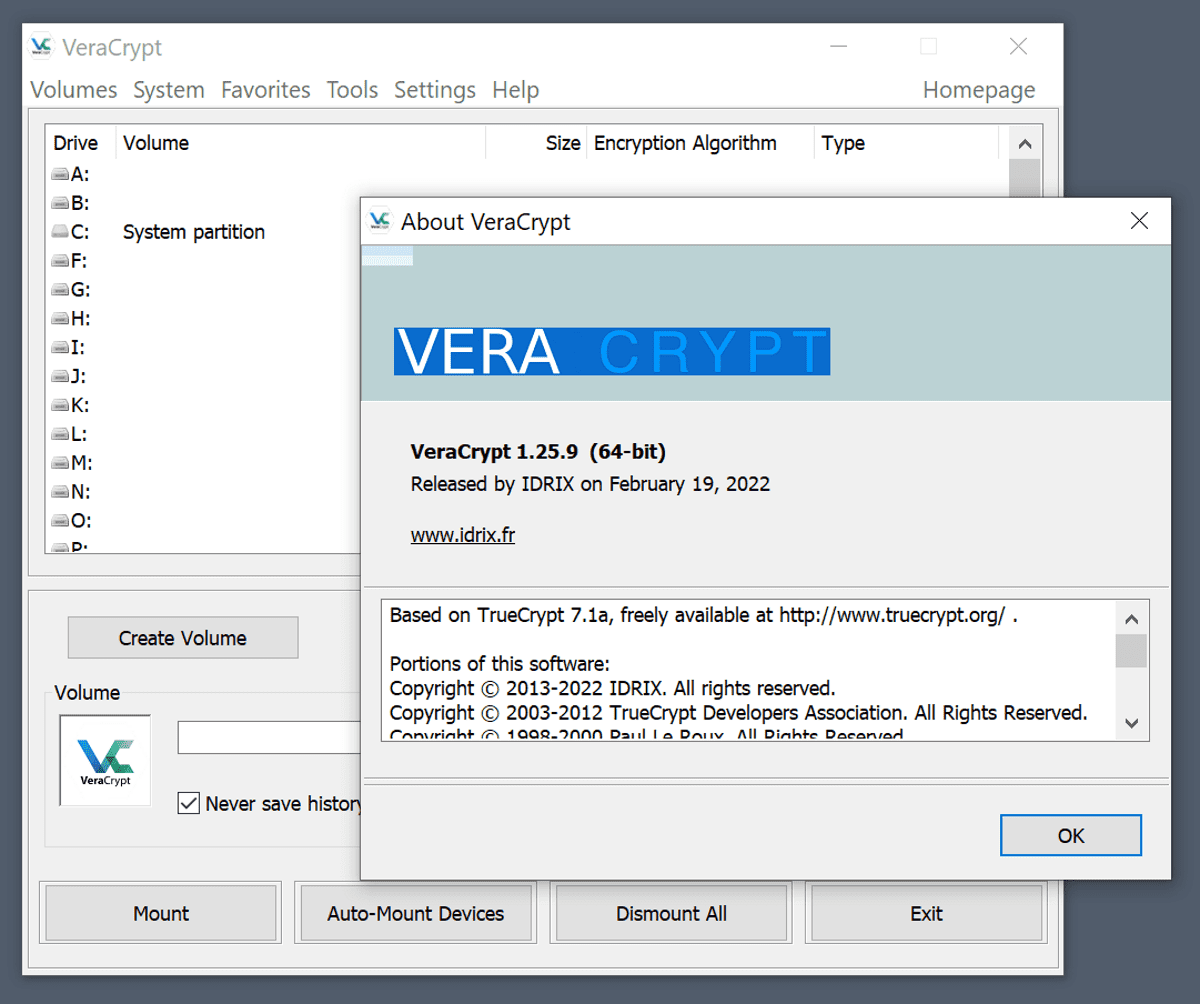
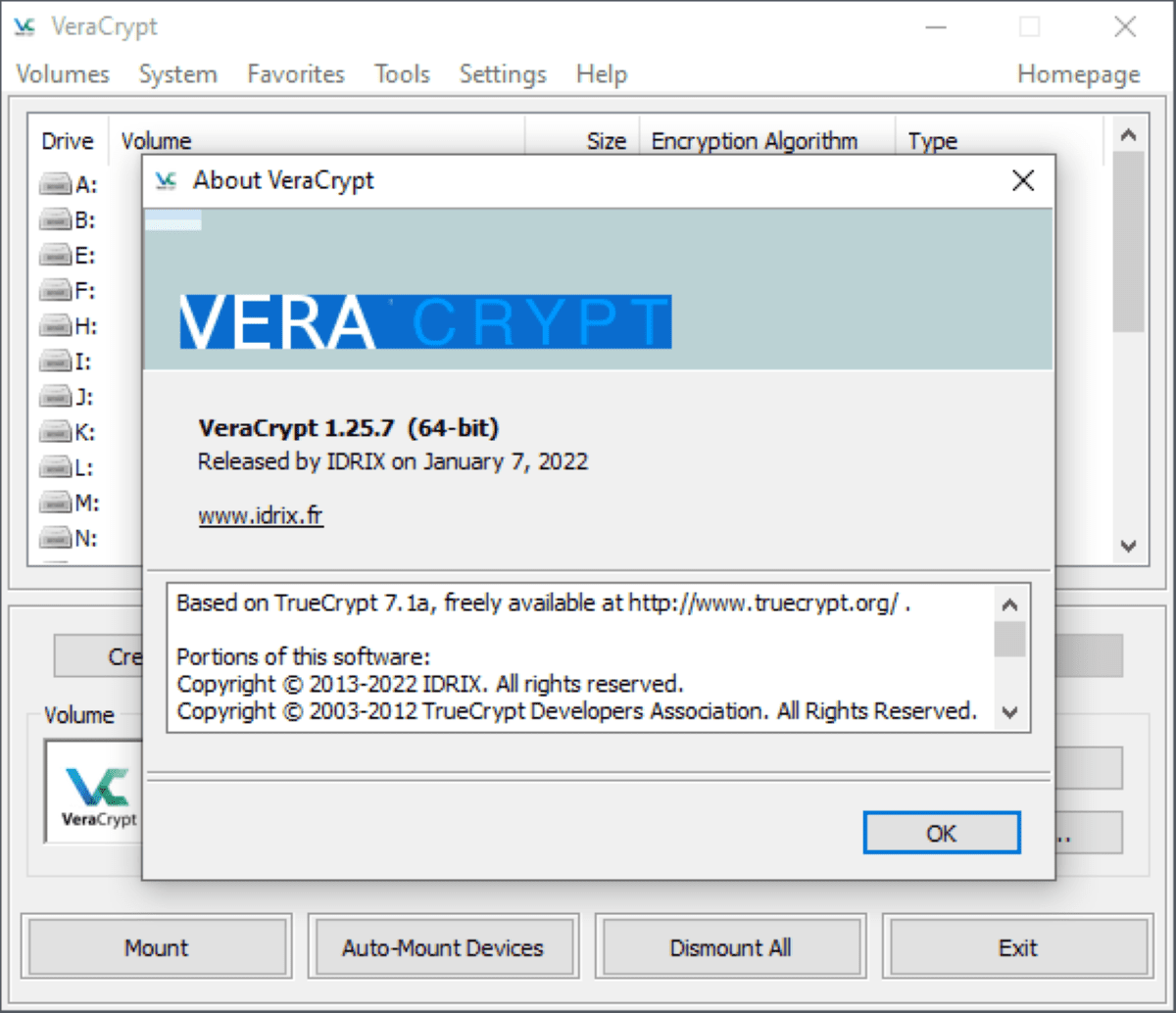

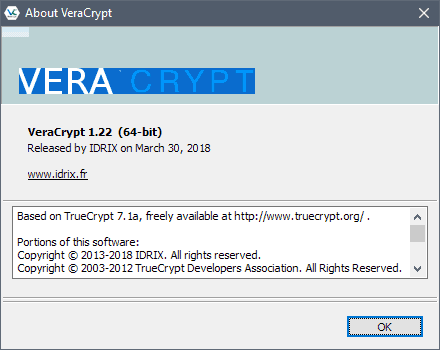
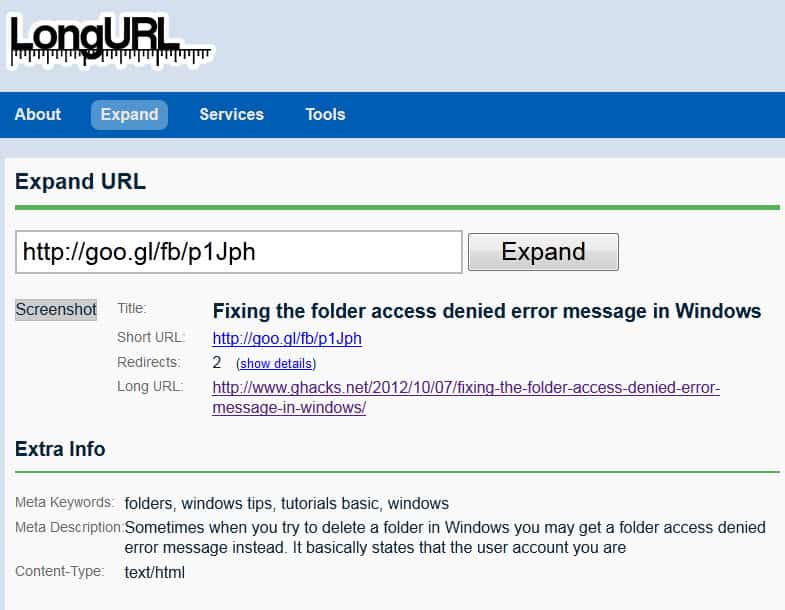
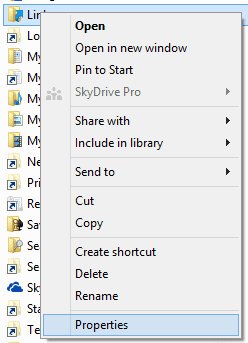

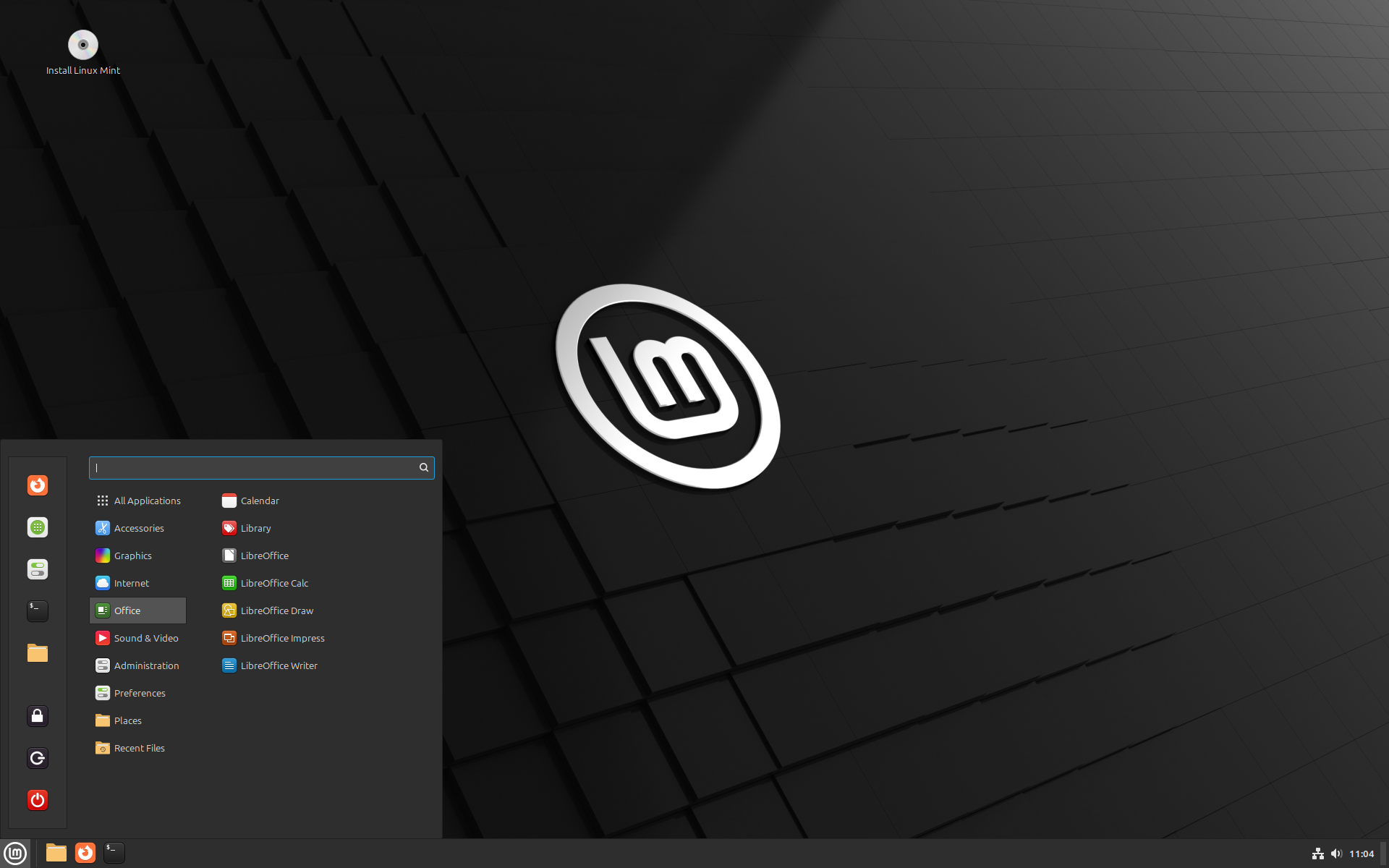


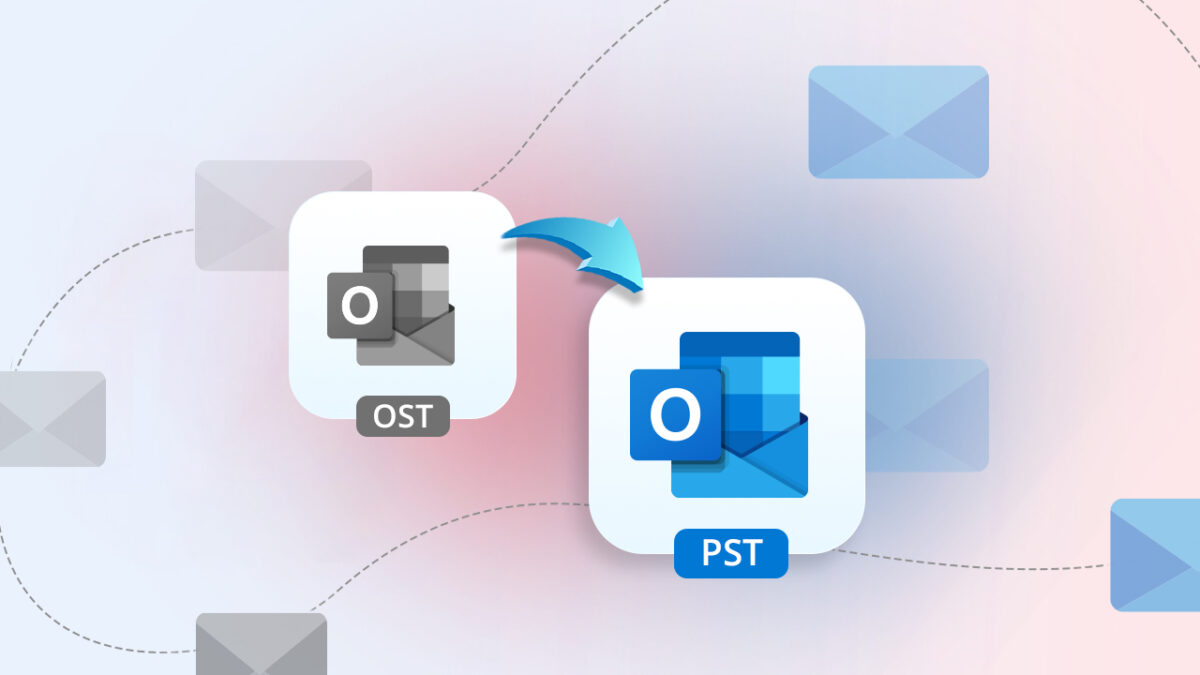





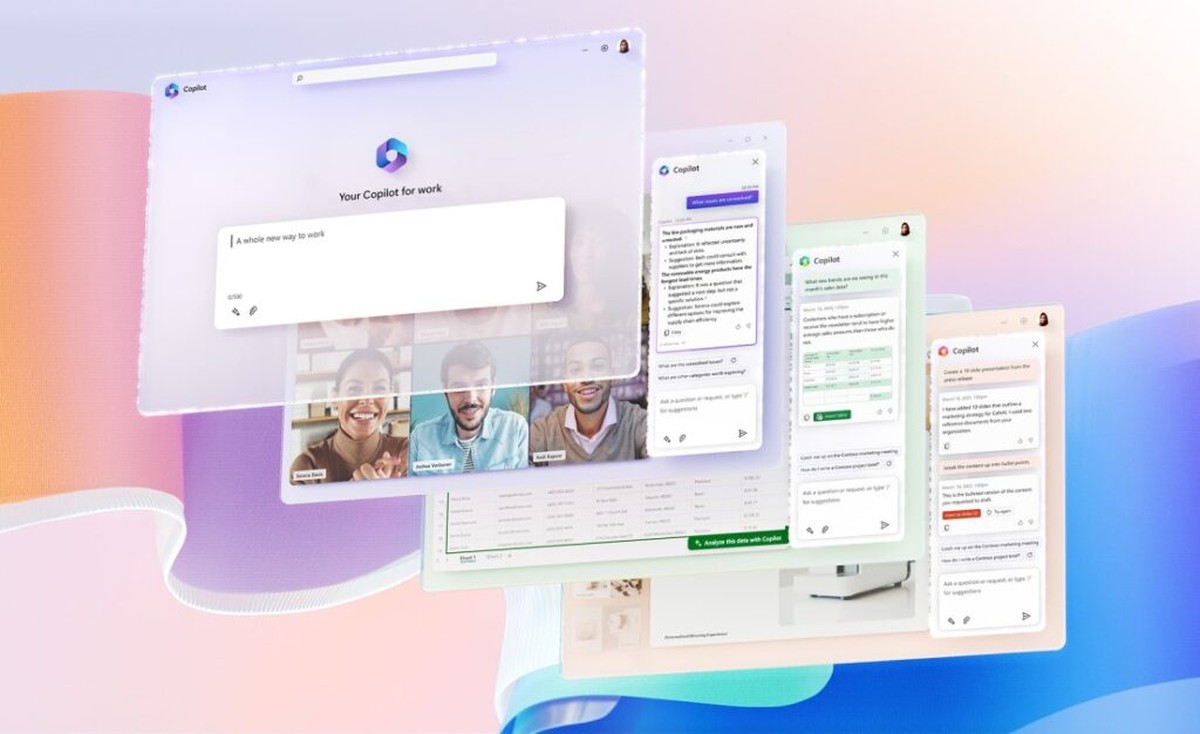

Great article! I was happy to share this with others.
I would add though, the benefits of WPA and WPA2 encryption, even vs. WEP… the dangers to transmitting data without WPA, dangers of packet sniffers and hacking tools such as Firesheep.
Thanks Melanie! It was a most helpful article into the reasons for having a secured connection.